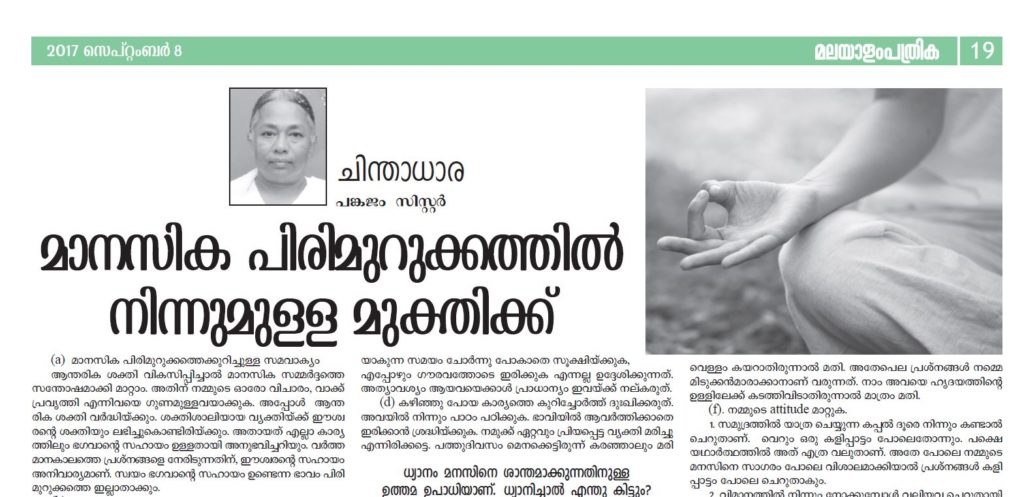
Canada Day is often informally referred to as “Canada’s birthday”, particularly in the popular press. However, the term “birthday” can be seen as an oversimplification, as Canada Day is the anniversary of only one important national milestone on the way to the country’s full independence, namely the joining on July 1, 1867, of the colonies of Canada, Nova Scotia and New Burnswick into a wider British federation of four provinces (the colony of Canada being divided into the provinces of Ontario and Quebec upon Confederation). Canada became a “kingdom in its own right” within the British Empire commonly known as the Dominion of Canada.
Although still a British colony, Canada gained an increased level of political control and governance over its own affairs, the British parliament and Cabinet maintaining political control over certain areas, such as foreign affairs, national defense, and constitutional changes. Canada gradually gained increasing independence over the years, notably with the passage of the Statute of Westminster in 1931, until finally becoming completely independent with the passing of the Constitution Act, 1982 which served to fully patriate the Canadian constitution
The Constitution Act was passed on 1867 that confederated Canada a big country with the ringing of the bells at the St James Cathedral Toronto, Fireworks and illuminations, excursions, military displays and musical and other entertainments”, as described in contemporary accounts. On June 20 of the following year, Governor General of Viscount issued a royal proclamation asking for all Canadian people to celebrate the anniversary of Confederation, but the holiday was established y statutorily in May 15, 1879, when it was designated as Dominion Day.



